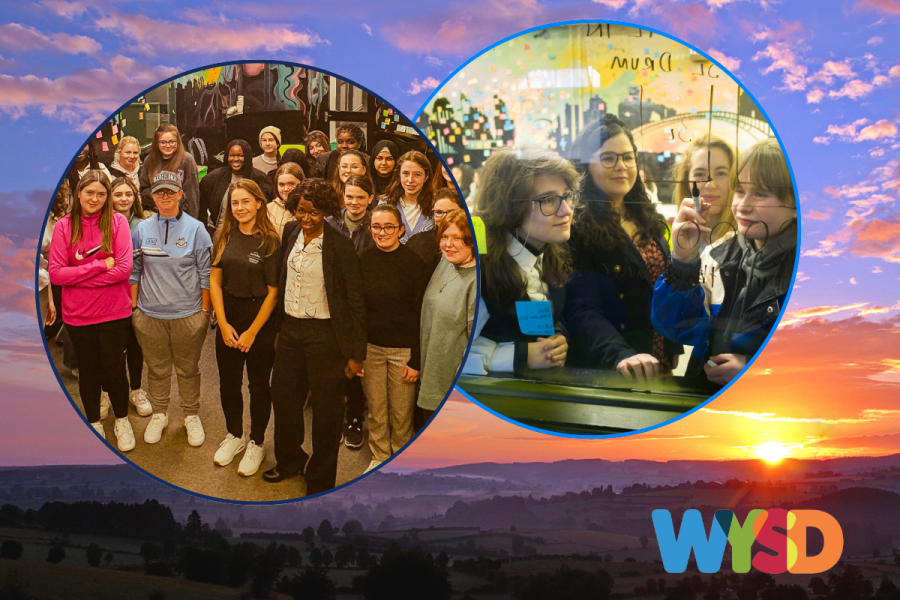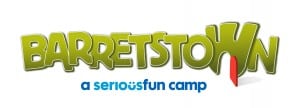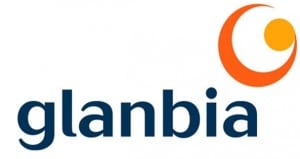
World Youth Skills Day 2023 – Nurturing the next generation of tech talent
Tomorrow, Saturday 15th July, marks World Youth Skills Day 2023, which aims to highlight the critical importance of equipping young people with the necessary skills for employment and entrepreneurship. This year’s theme is skilling teachers, trainers and youth for a transformative future. It celebrates the essential role that teachers, trainers and other educators play in providing skills for youth to transition to the labour market and to actively engage in their communities and societies.
In an increasingly digital world, Datapac understands the importance of nurturing technology and IT skills from a young age. The company has recently contributed to TAP’s (Trinity Access Programmes) long-running CodePlus initiative, aimed at encouraging girls and young women to pursue careers in IT. TAP, founded in 1993, is an access and outreach organisation, based in Trinity College Dublin. Its remit, across primary, secondary, and tertiary education, is to work in partnership with students, teachers, families, communities and businesses to widen access and participation among under-represented groups. As well as supporting undergraduates and mature students, the TAP Schools Team works with 21 linked secondary and 19 linked primary schools in Dublin, facilitating over 110,000 hours of student programmes each year.

Datapac employee inspiring transition year students at a CodePlus workshop.
During the 2022/23 academic year, Datapac’s female employees have delivered inspirational talks and shared insights about participation in the field of IT and computer science to CodePlus students, within the context of a programme that aims to narrow the still-prevalent gender gap in IT, presenting groups with real-life and accessible examples of women working in the tech sector. The CodePlus initiative has nurtured talent and potential from under-represented groups since 2014. To date, over 10,000 girls have taken part in CodePlus workshops to develop their coding and technology design skills.
For World Youth Skills Day 2023, Datapac sat down with with TAP’s Primary & Junior Cycle Outreach Coordinator, Becky Long, who oversees programmes aimed at developing information and digital literacy, for both students and teachers, to discuss digital literacy, ICT in education, and the important relationship between education and industry when it comes to developing tech skills.
ICT skills encompass more than technical knowledge; they also foster digital literacy and critical thinking abilities. What is the importance of digital literacy for young individuals and how does it enable them to navigate the digital world safely and critically evaluate information?
To be literate has always encompassed the ability to understand the world around us – through text and image, traditionally – and the ability to make ourselves understood by the world. So, to be literate also means to be able to communicate, primarily because we exist in communities, and our capacity to thrive is fundamentally affected by the ways in which we express our thoughts, ideas, needs, and emotions. We can no longer say that the physical and the digital world are separate spaces; the boundaries between the two have been blurring since the creation of social media, and especially now with increasing public access to AI technology. For young people to be able to thrive in an ever-changing and evolving world, they must be digitally literate, they must be able to communicate and make themselves understood in digital contexts, and they must be able to distinguish fact from opinion, biased discourse from unbiased discourse.
How can developing a young person’s ICT skills and knowledge through education help to broaden their future career possibilities?
If a young person comes through their primary and secondary school experience having been exposed to the benefits of information and communication technology, they will be better able to engage with further and third level education experiences and modes of learning, automatically increasing their potential employment prospects. Being empowered to see the development of ICT skills as something they have an inherent right to, as part of their educational journey, is incredibly important for young people across multiple social contexts. ICT skills shouldn’t be confined to the schools and institutions who have the resources – in terms of technology and infrastructure – to offer them. ICT skills must now be seen as residing firmly at the heart of education, both nationally and globally.
The theme for World Youth Skills Day 2023 is skilling teachers, trainers and youth for a transformative future. How can access to technology impact the way that young people are prepared for a digitised tomorrow?
Skilling teachers, trainers, and young people means equipping them with the knowledge and insight they need to not only participate in a transformative future but to actively contribute to it. Teachers and trainers need to be supported to upskill and develop their own learning, to take account of evolving trends and new ways of engaging with digital learning, just as young people need to be supported at the points at which they can access the technology – they need to be those active participants. Most young people in this country rely on their schools or youth groups for this support, particularly in terms of basic technology infrastructure. If young people aren’t familiar with the technology that drives transformation in the world, they can’t be expected to use that technology to communicate their lived experiences, and to understand the world around them.
How important is the collaborative partnership between education and industry?
Collaborative partnerships between education and industry exist in myriad ways, both in terms of formal relationships, such as internships and graduate programmes, and informal networking opportunities. These partnerships are essential to the development of ICT skills for young people in Ireland. Creating clear and accessible pathways from primary, secondary, and tertiary education to workplaces, with numerous branching off points along the way, with opportunities to engage and develop digital literacy, communication, and critical thinking skills gives young people the chance to make essential connections between what they learn in the classroom or the lecture theatre, and their future careers – contributing to both the workplace and to the wider economy.
The indigenous tech sector in Ireland offers fantastic opportunities across a broad range of skillsets and specialisations. Datapac’s graduate programme offers graduates the opportunity to work within a team of expert IT professionals and gain experience with the latest technologies and workplace tools. The programme is flexible and enables participants to experience multiple areas of the business to learn where their strengths and passions lie.
For more details on Datapac’s graduate placement programme, please click here.
Follow us on LinkedIn and Twitter for more updates.
Register for upcoming events
-
 "At Barretstown, we rebuild the lives of children, and their families, affected by childhood cancer and other serious illnesses. We serve 5,000 campers a year and have 1200 volunteers each year. Communication is crucially important and Datapac has helped us to streamline, improve and ensure efficiency."
"At Barretstown, we rebuild the lives of children, and their families, affected by childhood cancer and other serious illnesses. We serve 5,000 campers a year and have 1200 volunteers each year. Communication is crucially important and Datapac has helped us to streamline, improve and ensure efficiency." -
 "Datapac has provided us with a fantastic product and world-class levels of service and support. Whenever people ask me about our experience with Datapac I’m always ready to sing their praises and I would happily recommend their services to any organisation."
"Datapac has provided us with a fantastic product and world-class levels of service and support. Whenever people ask me about our experience with Datapac I’m always ready to sing their praises and I would happily recommend their services to any organisation." -
 "For many years Datapac has been our sole supplier for the maintenance of Personal Computers and Peripherals in Ireland. Through their Service Centres in Wexford and Dublin, Datapac provides excellent support to our businesses throughout the country and consistently meets the SLA targets which we have set. The skill, expertise and experience of their engineers and other technical support personnel are of the highest standard."
"For many years Datapac has been our sole supplier for the maintenance of Personal Computers and Peripherals in Ireland. Through their Service Centres in Wexford and Dublin, Datapac provides excellent support to our businesses throughout the country and consistently meets the SLA targets which we have set. The skill, expertise and experience of their engineers and other technical support personnel are of the highest standard." -
 “The value of dealing with an HP Gold partner in this process can’t be underestimated. Datapac provide us with a local touch and can cover the full range of our IT requirements, but when there is a specific technical requirement like this, they can bring the specialist technical resources of HP to the table. HP and Datapac had a thorough discussion with us around our requirement - and had really done their homework - and then were able to provide us with a very highly specified test platform for us to prove the application on before we committed to purchase.”
“The value of dealing with an HP Gold partner in this process can’t be underestimated. Datapac provide us with a local touch and can cover the full range of our IT requirements, but when there is a specific technical requirement like this, they can bring the specialist technical resources of HP to the table. HP and Datapac had a thorough discussion with us around our requirement - and had really done their homework - and then were able to provide us with a very highly specified test platform for us to prove the application on before we committed to purchase.” -
 Datapac understands our needs and requirements and has the expertise and experience to follow through on all our requests. Our constant need to reduce costs has been assisted by Datapac's ability to suggest alternative solutions and methods whilst improving both efficiency and productivity. Our partnership with Datapac is akin to having an IT department on site that we simply could not provide ourselves.
Datapac understands our needs and requirements and has the expertise and experience to follow through on all our requests. Our constant need to reduce costs has been assisted by Datapac's ability to suggest alternative solutions and methods whilst improving both efficiency and productivity. Our partnership with Datapac is akin to having an IT department on site that we simply could not provide ourselves.